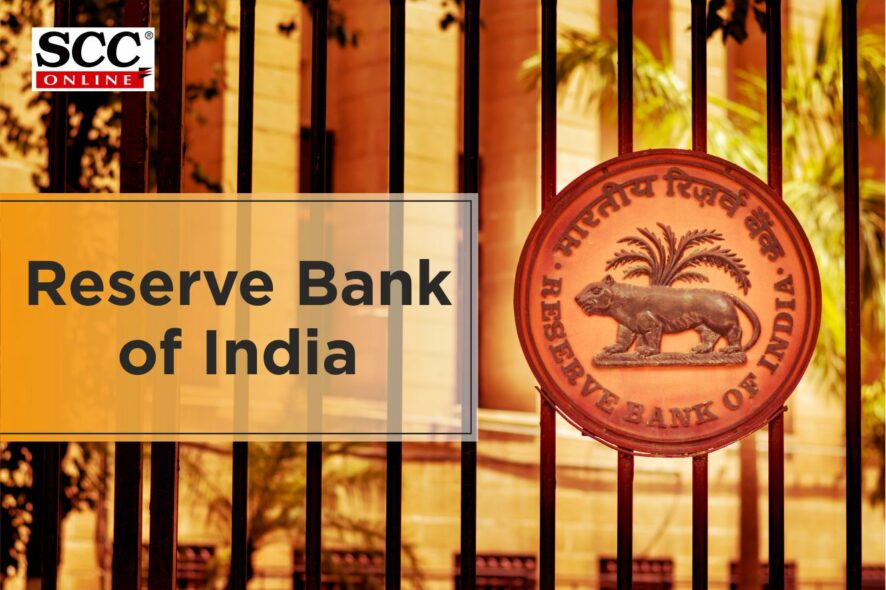On April 19, 2021, Reserve Bank of India had announced the constitution of a committee to undertake review of the legal and regulatory framework applicable to Asset Reconstruction Companies (ARCs). The Committee had to examine the issues and recommend suitable measures for enabling the ARCs to meet the growing requirements of the financial sector. On November 3, 2021, RBI has released the report of the Committee for stakeholders who can send their comments on the report to RBI by December 15, through email. The Reserve Bank of India will examine them before taking a final view on the recommendations made by the Committee.
Key recommendations by the committee are as follows:
- The committee proposes to permit sale of fraud accounts to ARCs subject to appropriate safeguards to ensure that fixing of accountability at lender level and criminal inquiry by competent authorities are not affected by this sale.
- The committee proposes to establish a separate online platform by Indian Banks’ Association in order to ensure transparency and uniformity in process of sale of stressed assets.
- The committee recommends that two bank-approved external valuers should carry out a valuation to determine the liquidation value and fair market value for all accounts above Rs 500 crore. In case of accounts between Rs 100 crore and Rs 500 crore, one valuer may be engaged.
- The report recommends that the minimum net-owned fund (NOF) requirement for ARCs should be increased to Rs 200 crore wherein existing ARCs may be provided a glide path to meet this requirement.
- The report suggests that in the matter related to taxation of income generated from investment in SRs (security receipts) issued by ARCs, the possibility of a ‘pass-through’ regime for AIF investors may be looked into by the Central Board of Direct Taxes (CBDT). The committee has also recommended that the CBDT may consider clarifying on the tax rate applicable to FPIs.
- The report suggests that ARCs should be allowed to sponsor a SEBI-registered AIF, to be used as an additional vehicle for facilitating restructuring/ recovery of the debt acquired by the ARC and a meaningful turnaround of the borrower.
- The report also recommends that if 66 per cent of lenders (by value) decide to accept an offer by an ARC, the same may be binding on all lenders and must be implemented within 60 days of approval by majority lenders (66 per cent). Also, 100 per cent provisioning on the loan outstanding should be mandated for a dissenting lender who fails to comply with this requirement. Also, in cases where ARCs have acquired 66% of debt of a borrower, the SARFAESI Act should provide for 2 years of moratorium on proceedings against the borrower by other authorities.
- Also, to enhance ARCs’ ability to be a prime vehicle for resolution, they may be allowed to participate in IBC as a resolution applicant either through their SR trust or through the AIF sponsored by them.
- The committee recommends broadening of the investor base of SRs. It said the list of eligible qualified buyers may be further expanded to include HNIs with a minimum investment of Rs 1 crore, corporates (net worth – Rs 10 crore and above), trusts, family offices, and pension funds, among others.
- The report also mentions about the government’s announcement for the formation of an ARC- National Asset Reconstruction Company Limited (NARCL) – for cleaning the books of public sector banks.
- The Committee also recommends that the Act be amended in order to ensure that enforcement rights under S.13 of the SARFAESI Act would be available to an ARC to which a secured financial asset is assigned, and proposes a revised definition of ‘secured creditor’ for this purpose in the interest of efficient recovery of debt by creditors.






